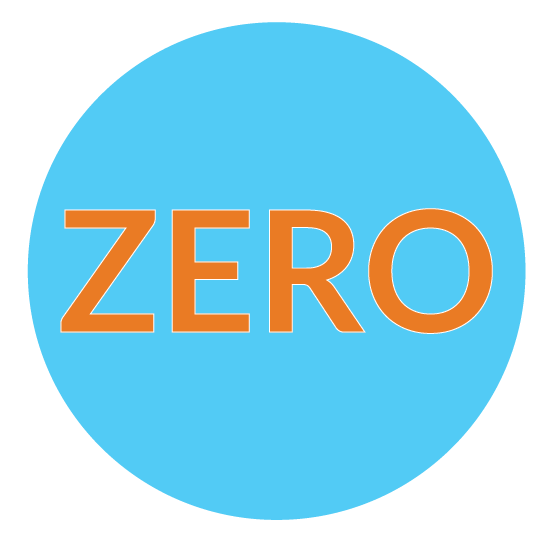3 Things with Shahira Kamal
Portland has an amazing sustainability community, and we want to highlight the amazing people and work that shapes our unique city. We’re sharing their answers to questions we posed.
Meet Shahira Kamal, a former classical pianist who now creates individual, bespoke outer garments for private clients, including coats, jackets, and motorcycle apparel. She emphasizes the use of natural materials in her custom garments, specifically wool, leather, and hemp. She loves working one-on-one with clients to make unique garments, but her mission extends to encompass a global perspective concerning garment-making. She's looking outside of fashion to partner with those specializing in economics, ethics, consumer behavior, labor practices, social initiatives, and land and water stewardship to promote low-volume production and consumption, and perhaps bring back vertically integrated, sustainable production processes for textiles and garments.
Now, we’ll hand it over to Shahira to share her perspective on advancing sustainability through building policy!
1. What does sustainable mean to you?
When I first considered this question back in 2004, regarding clothing and textile production, I was certain the answer was straightforward: it meant identifying and implementing more socially and environmentally responsible business practices. It seemed obvious that businesses would want to take such initiatives themselves because it was the smart and future-proof path. And, if not, governments would surely move quickly to implement laws and policies and require businesses to adopt new practices, after understanding the increasingly threatening environmental and social costs.
Aww -- so naive!
Businesses and governments are deeply reluctant to relinquish the economic status quo. On the contrary, businesses doubled down on the high-volume production and consumption economic model, literally doubling the volume of output between 2004 and 2014.
Regarding clothing production and waste, I now see sustainability as a promise to be fulfilled by the tremendous economic power each consumer holds. The definition extends far beyond costs and processes to encompass the psychological and emotional issues that arise when considering a shift in our economic foundations, and therefore, our lifestyles.
We can't wait for businesses and governments to create a safe and responsible environment and tell people what to do and what to buy. We've already waited far too long. Major change will happen only through courageous consumers who change their buying habits and demand something different.
2. Name a Portland (or Oregon) project or collaboration that has inspired you, and tell us why you are inspired by it.
Portland's public transit system.
I had no reliable car during the first 10-15 years I lived in the Portland area, which was no problem at all, because I could always rely on Tri-Met to get me to work, school, and play, and back home again, rain, snow, or shine.
These days I use it if I'm stranded, and I'm more grateful for it than ever. It's only gotten more comprehensive and responsible over the decades, particularly of note, the extension of the light rail trains to the far western and southeastern neighborhoods. Plus, it does not involve bike ridership.
I'd claim it's one of the best systems in the nation, and I'd bet money is the best west of the Mississippi. I hear Seattle's has improved. Maybe. And as far as I know, Los Angeles still hasn't extended their train to LAX.
3. What can Portland (or Oregon) be doing better to be more sustainable?
My answer is rather personal and describes a dream.
As my interest is in textile production, I see opportunities here in Oregon and the Pacific Northwest to resurrect vertically integrated wool and hemp textile production, as opposed to designing locally and sourcing and producing offshore.
We have the climate, the farmers, the raw materials, some processing facilities, the artisans, and a market that is close to the tipping point of willingness to pay the true cost of building and maintaining a local, sustainable textile and garment industry. Just as we visit the farmers' markets to buy our food directly from the producers, we could also visit markets for fiber, textiles, and clothing.
As for food, the production volumes would be low, so economies of scale can't help, and are contrary to the point. Therefore, I'm in pursuit of what would inspire people to invest more than they're accustomed to in local, responsible, of-this-place textile production in the same way they're inspired to invest in their food.


